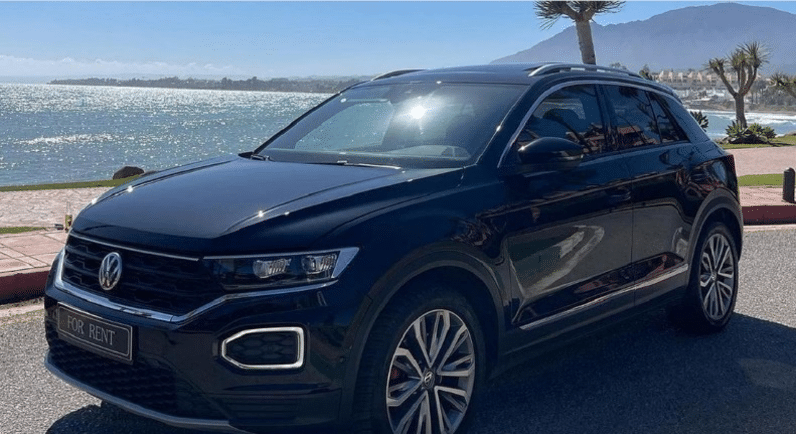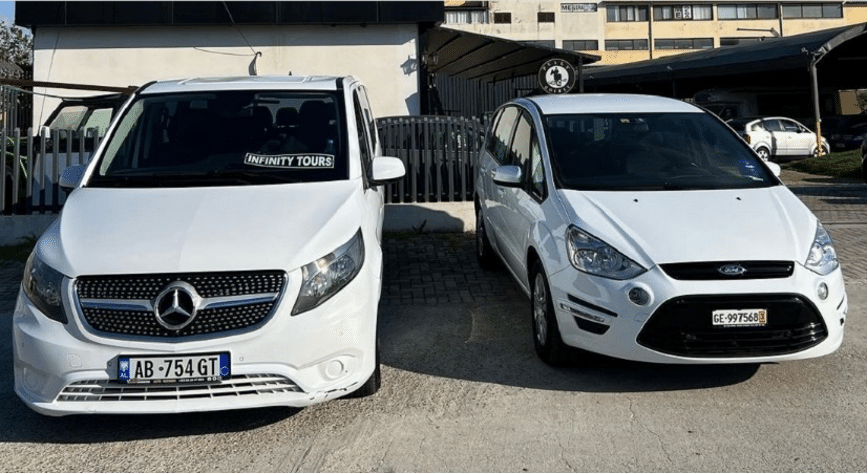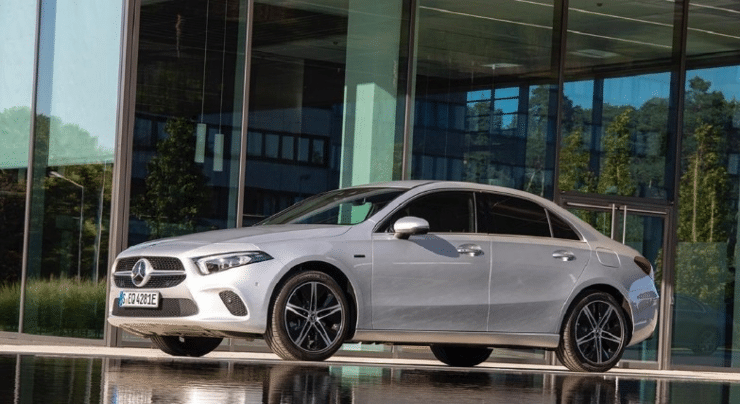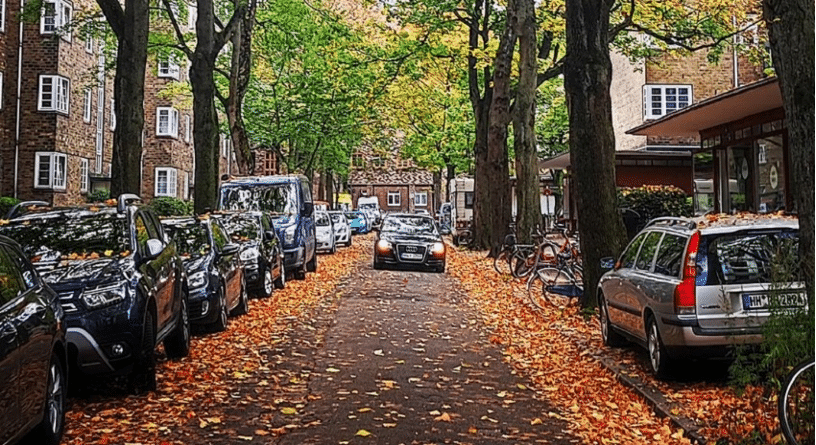The first time I visited Europe, I decided to rent a car so that I could explore the region with greater freedom. The experience was amazing, but it also cost me a small fortune in rental fees and gas. If you are planning to drive around Europe, here are some tips for saving money on your next vacation:

Do your homework about rental car companies and insurance
Compare car rental prices for different companies. You can use comparison sites to compare the cost of renting a car in Europe, but you should also look at individual websites for each rental company. Some may have better deals than others may and you will want to make sure you know what insurance is included with your rental before making any decisions.
Know what insurance you need – and do not need! When renting a car in Europe, it’s important that your insurance covers everything from damage caused by accidents or theft (which will be covered by your own personal auto insurance), as well as any medical expenses incurred if someone gets injured in an accident while driving the vehicle. Check out these tips on how not only save money but also get more bang for your buck when it comes time buying travel insurance too!

Consider the hidden costs of renting a car in Europe
When you’re planning a trip to Europe, it’s easy to focus on the big-ticket items: airfare and hotel reservations. But don’t forget about all of the little things that can quickly add up – like rental car costs.
Rental cars are expensive in Europe because of high taxes and fees imposed by governments on both sides of the Atlantic. These include tolls, parking fees and insurance premiums (which can be as much as $25 per day). In addition, some European countries require drivers to buy an expensive “green card” if they want their vehicle insured while they’re abroad; these cost anywhere from $15-$35 per day depending on which country you’re visiting and what kind of car you drive (e-bookers may have access to cheaper rates).

Look for deals on hotels and airfare that include free or discounted car rentals
As you do your research, look for deals on hotels and airfare that include free or discounted car rentals. These kinds of deals are becoming increasingly popular, and there are plenty of websites where you can find them. The key is to do your research early and often so that when the time comes, you’ll be ready to book the best deal possible!

Drive smartly to save money on gas
Avoid driving on the highway, unless you absolutely have to (and even then, only if it’s a short distance). Avoid driving in the rain, because it will cost you more money and make your trip less enjoyable overall!
Winter months are also an expensive time for car rentals because of snow removal costs and other expenses related to keeping roads clear of ice and snow–so try not to take a rental during those times if possible!

Avoid toll roads, if possible
If you are looking to save money, it is best to avoid toll roads. While they may be convenient, they will cost you more in the long run than if you had just taken a regular road.

Consider this: The price of gas is different depending on where in Europe you are and what type of fuel your car uses (diesel or unleaded). On top of this, many tolls must be paid when using these highways. In addition to these costs, there will also be extra charges for parking at an attraction or museum that requires payment in order for visitors’ cars to enter its lot.
Be aware of special rules for certain countries (like Spain)
Spain has a very high rate of car theft and vandalism, so it’s important to know what you’re getting into before renting a vehicle there. For example, if you’re required to pay a deposit at the time of rental and your car is damaged during your trip, then this may be taken out of that initial payment. You should also check whether or not there are any additional fees associated with dropping off or picking up your rental car at an airport location – these can add up quickly!

You can save money on a car rental in Europe
When it comes to renting a car in Europe, there are a lot of variables that can affect your final bill. If you’re not careful, these variables could cost you hundreds of dollars in extra fees and charges. Here are some tips on how to get the best deals when renting cars abroad:
Check rental company policies carefully before booking: Each rental agency has its own rules regarding age limits, insurance coverage and other details that may affect how much they charge for their services. Read through these carefully so that there won’t be any surprises when picking up your vehicle at the airport or train station!

Rent for short periods at first: If this isn’t your first time overseas with family members who aren’t yet old enough (or even if it is), consider renting smaller vehicles like mini vans or economy cars until everyone has gained some driving experience overseas.
Research the best options before you go
Before you book a rental car in Europe, it’s important to do some research. Different rental companies have different rules and rates, so it’s important to find out which company offers the best deals on your trip. You can find information online about most European car rentals, including prices and policies for renting vehicles abroad (i.e., whether they allow you to drive on highways or use toll roads).

You should also ask friends or family who have been there before which companies they used and how much their experience was like. This will help give context when comparing different options against each other later on!
Avoid holiday periods
- Avoid holiday periods
- Holiday periods are more expensive
- Holiday periods are more crowded
Holiday periods are more stressful, especially if you’re traveling with kids or friends who have different opinions about where to go and what to do than you do! And if they don’t agree on those things, then there may be friction in your group that wasn’t there before (and isn’t good for the atmosphere).
It’s less convenient because everything will be busier, so getting around will take longer – especially if there’s traffic congestion due to all the extra people trying to get around town at once! Plus, many attractions will close early on public holidays because they need staff members who aren’t paid overtime rates or work shifts longer than eight hours per day; so even though some places may still be open during these times (like museums), others won’t be available unless someone knows exactly when their opening hours end each day/weekend et cetera… which makes planning ahead very important if we want our trip plans not only successful but also enjoyable too!

Rent from a local agency
Renting from a local agency is the best way to get a cheap car rental in Europe. Local agencies often have better deals than big companies like Hertz and Sixt, and they’re more likely to offer discounts on rentals. When you rent from a local company, you can also take advantage of their knowledge of the area–they may know about great little roads that lead through vineyards or scenic views that aren’t on any map.
Additionally, some European countries require drivers to purchase third-party liability insurance when renting cars; if this applies to you (it depends on where), then it’s worth checking if your chosen agency offers such coverage at an affordable price before booking your reservation
Book online, maybe even 2 or 3 weeks ahead to get the best rates
Booking online is a great way to save money on car rentals. You can usually find the best deals by booking 2 or 3 weeks ahead of time, but if you wait longer than that, the price will likely be higher than what it was when you initially searched for your rental car.
Use a travel credit card that has no foreign transaction fees
If you’re in Europe and want to rent a car, a travel credit card can help. The no-foreign transaction fee aspect of travel credit cards is especially useful when renting cars abroad because you can use the rewards on your card to offset rental costs. For example, if you have a Chase Sapphire Preferred Card and book your rental through its travel portal, which has no booking fees and offers discounts of up to 35%, the points earned from using the card will apply directly toward reducing those charges by 25%.

This means that if we were renting an economy car in Italy for 2 weeks from Alamo (which comes with unlimited mileage), our total cost would be €385 ($420). If we used our Chase Sapphire Preferred Card instead of paying cash or using another form of payment such as PayPal or Venmo:
We would earn 2x points per dollar spent on dining at restaurants worldwide; 3x points per dollar spent on travel purchases including airfare but not hotels; 1 point per dollar spent everywhere else (including gas stations); Those 10 nights would earn us enough points to cover all but $38 worth of taxes–or about half what we’d pay otherwise!
You can save money on car rentals if you plan ahead and do research
- Do your homework about rental car companies and insurance.
- Consider the hidden costs of renting a car in Europe.
- Look for deals on hotels and airfare that include free or discounted car rentals.
- Drive smartly to save money on gas
Renting a car in Europe can be expensive, but if you plan ahead and do some research, it’s possible to find deals. You can save money on a car rental in Europe by renting from local agencies, booking online and using credit cards with no foreign transaction fees or rewards programs that will offset rental costs. If you’re careful about what kind of vehicle you rent (and how much insurance coverage), then driving smartly will also help save money on gas costs.

